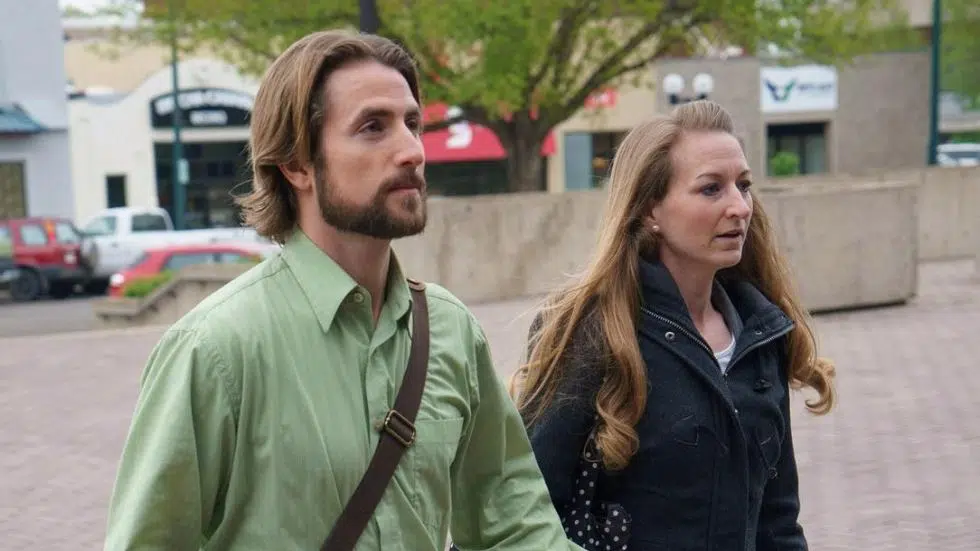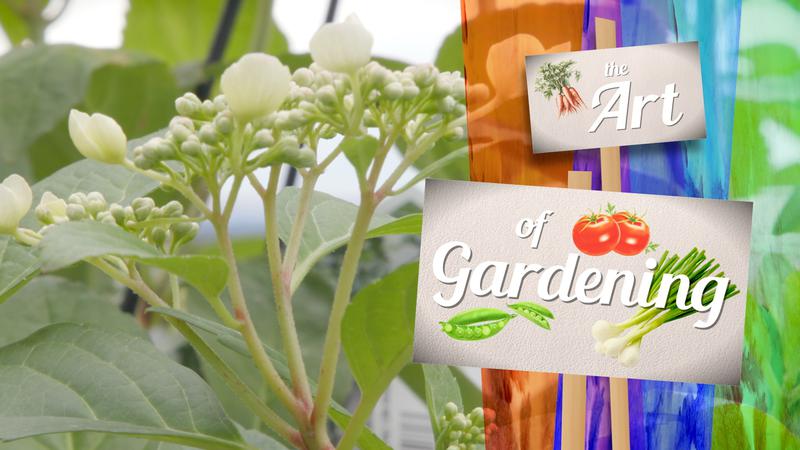
Homeopathy debate reignited
QUESTIONS ABOUT THE PRACTICE of homoeopathy have been reignited by two recent events. One has to do with a homeopathic rabid dog saliva treatment and the other about the retrial of a couple originally found guilty of failing to provide for the necessities of life.
If you thought that dog spit was an effective treatment because Health Canada approved it, you would be wrong. Health Canada approved rabid dog saliva and 8,500 other homeopathic remedies, not because they are effective but because they have concluded that they are safe. Health Canada doesn’t test these remedies for efficacy.
Other homeopathic treatments are made from cancerous cells, black mould and the smallpox virus; they sound dangerous until you realize just how much they have been diluted.
The founder of homeopathy, Samuel Hahnemann, devised a dilution system that he called “C scale.” Homeopathy claims that the more remedies are diluted, the more effective they are. A 6C dilution will result in the original substance being diluted to one part in a million million. Kamloops’ tap water has a million times more naturally occurring fluorides than such remedies.


